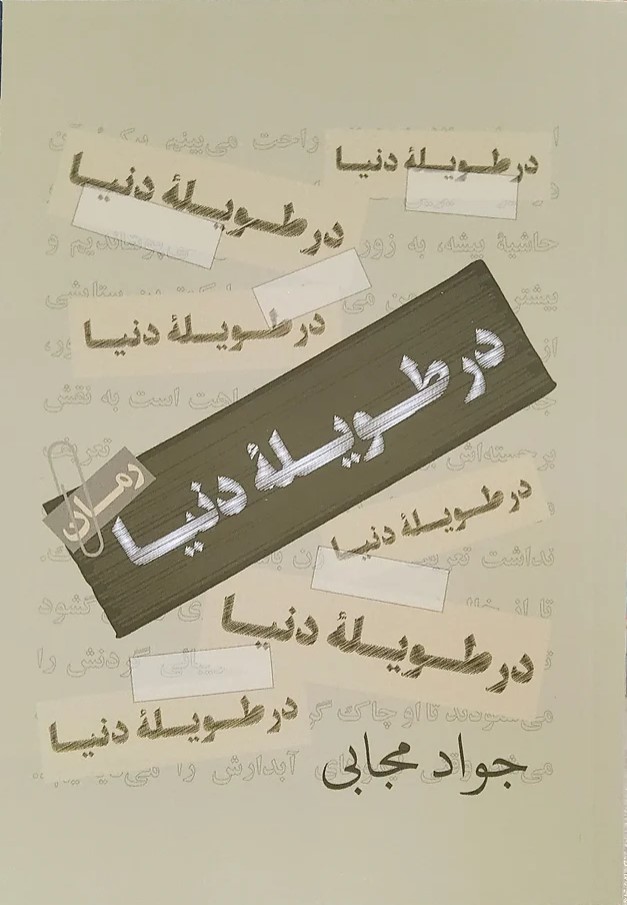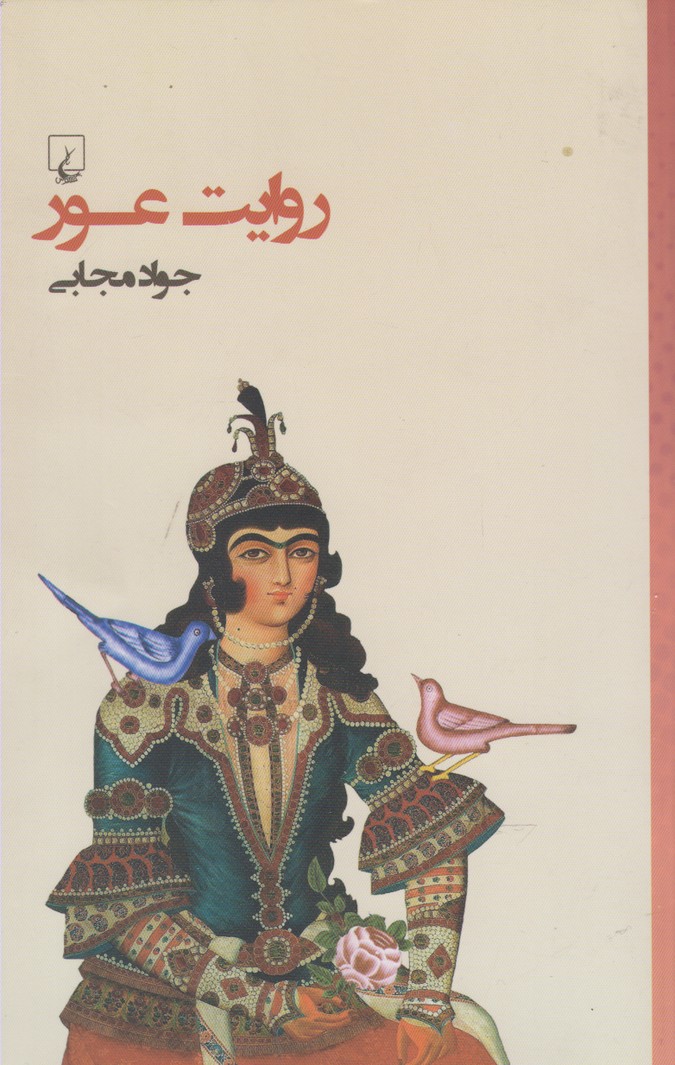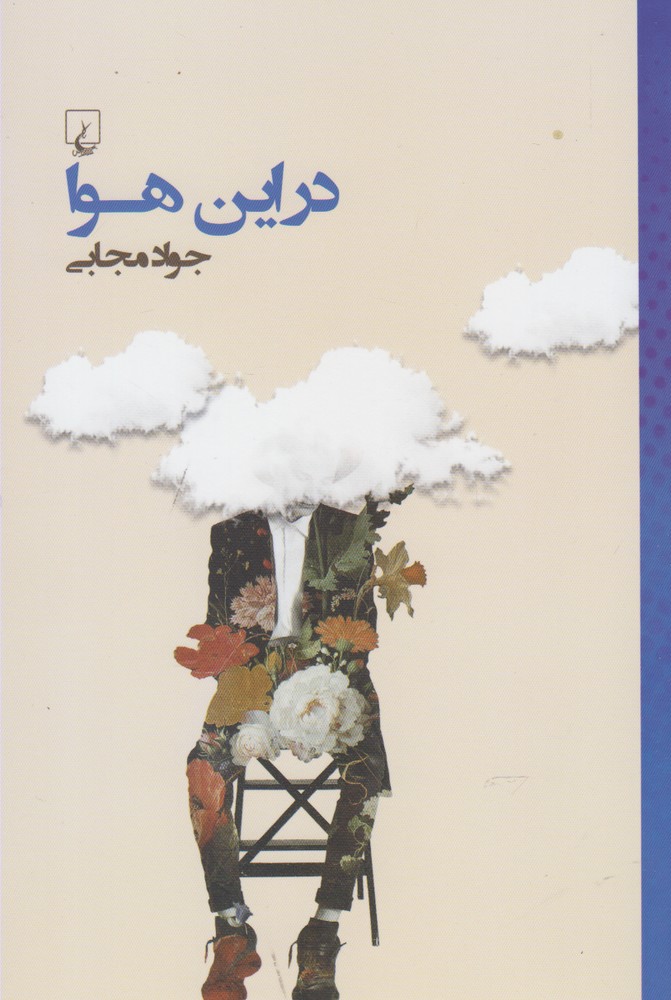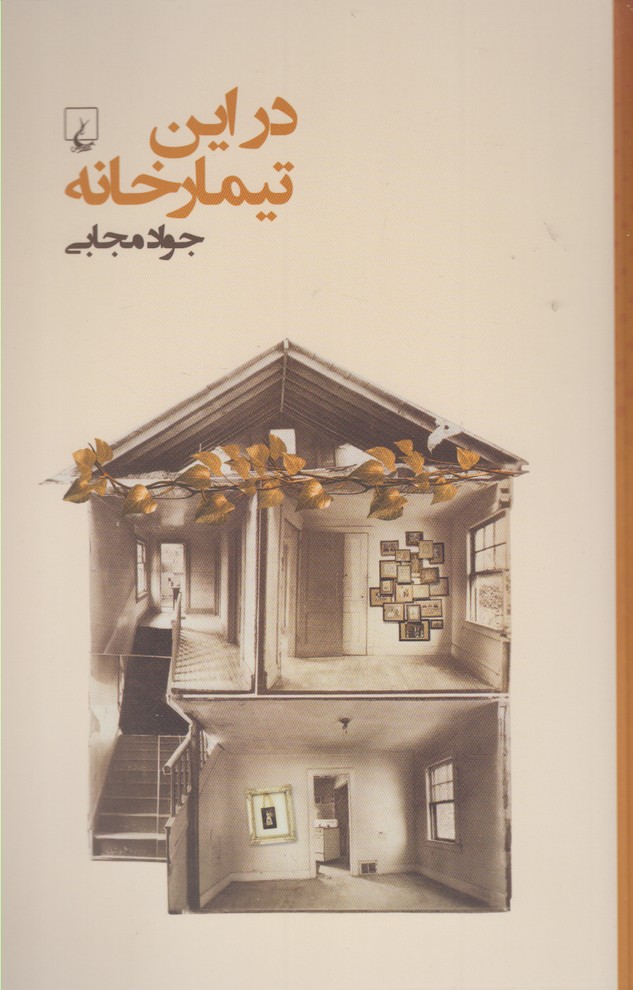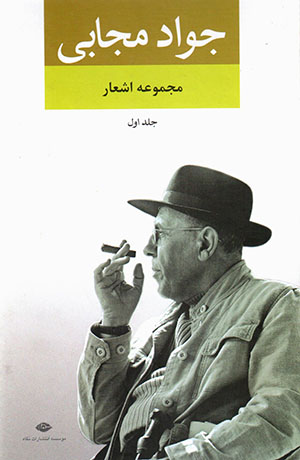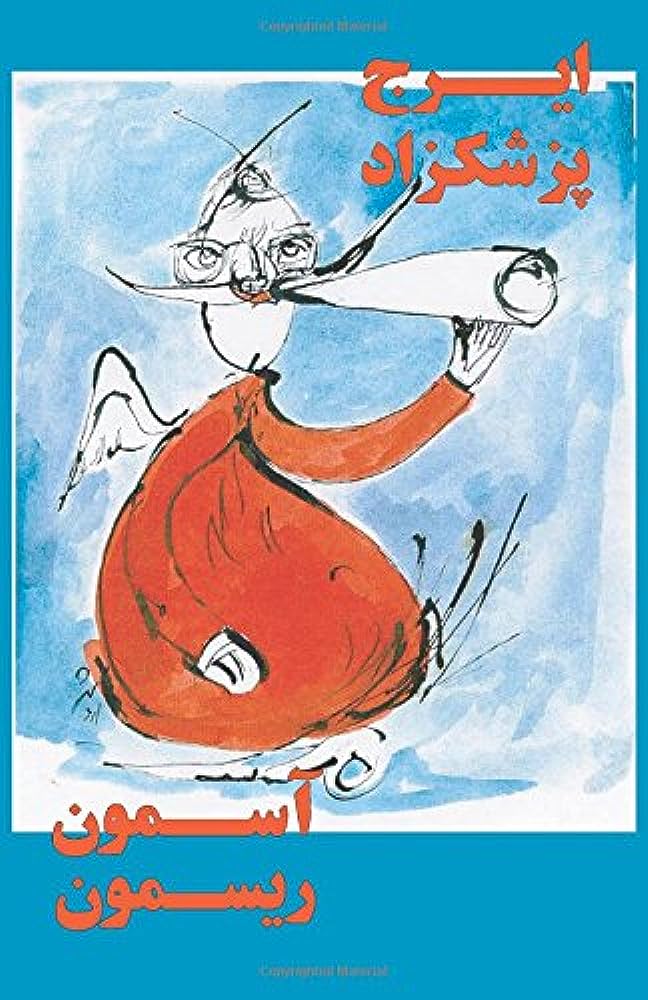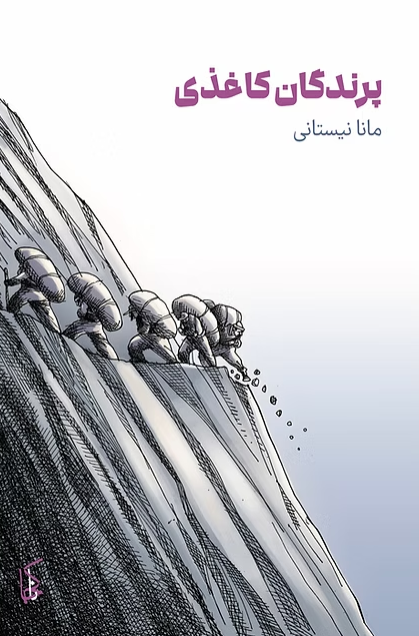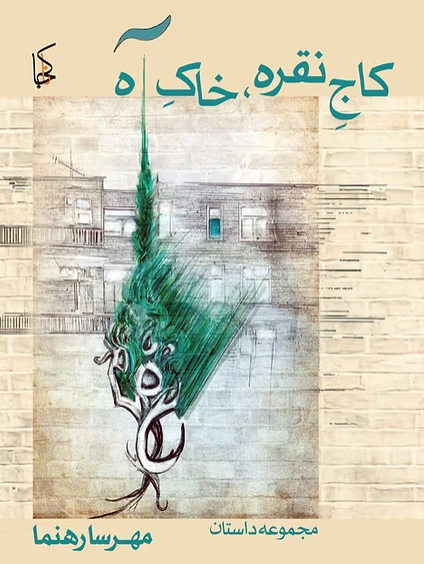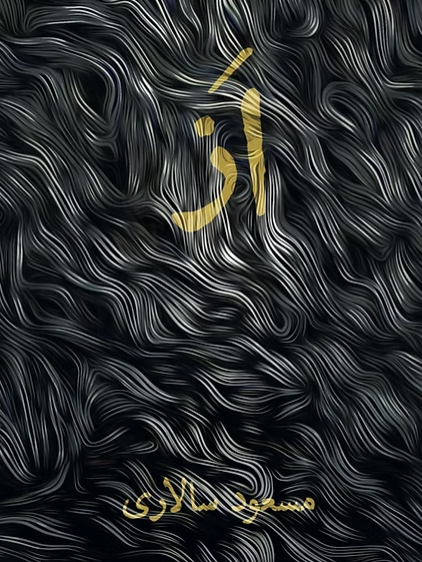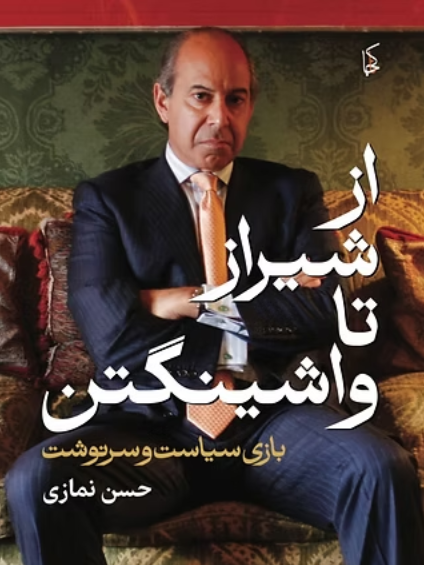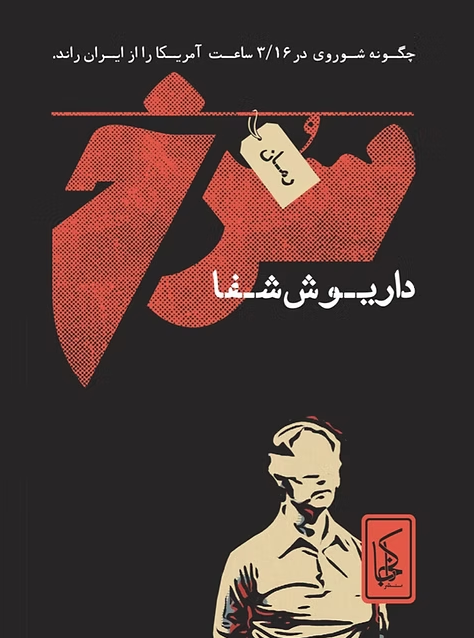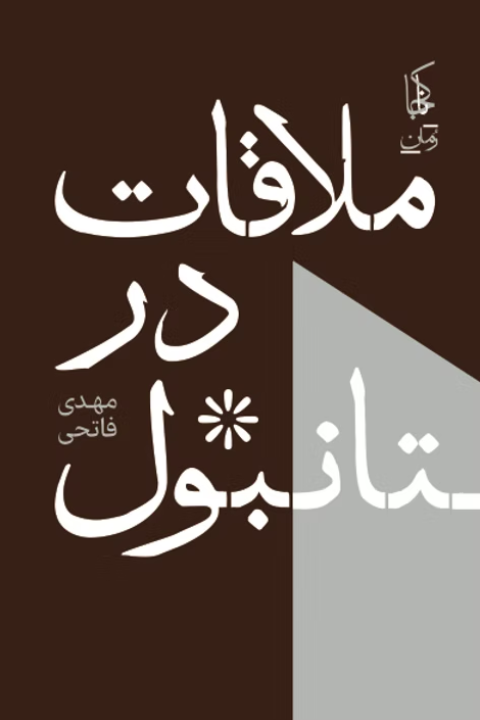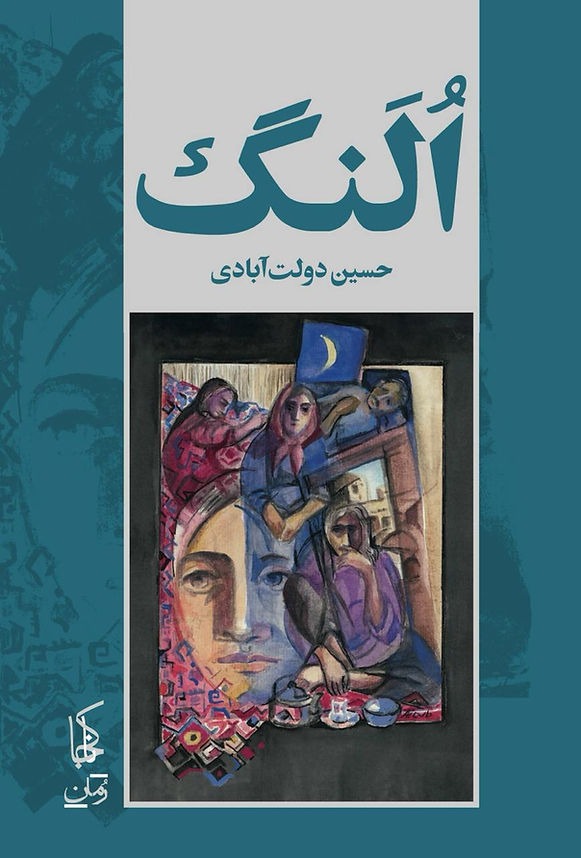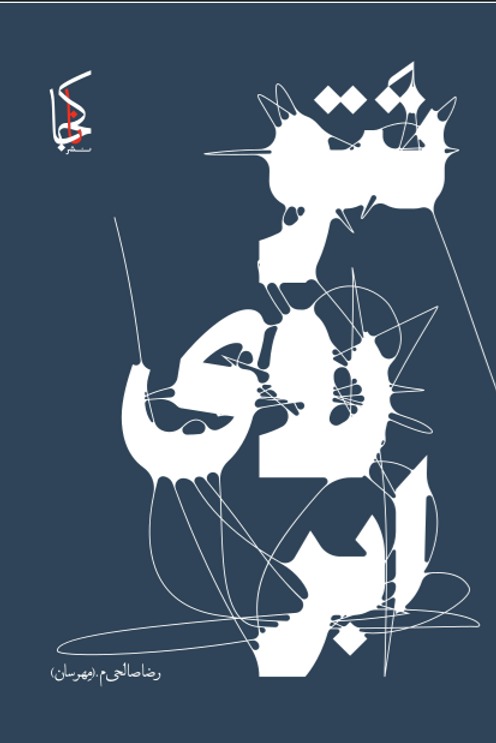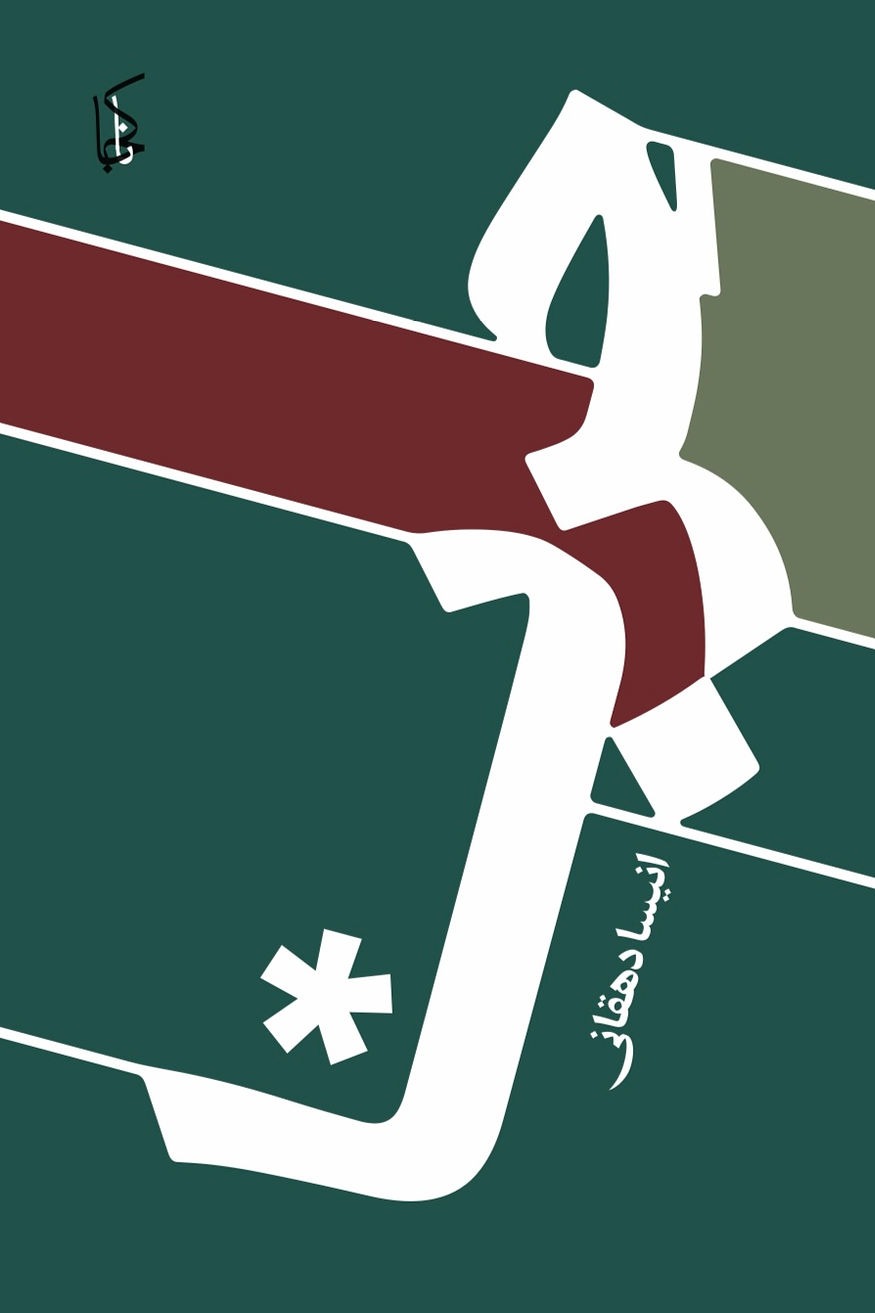در طویله دنیا فارسی 1403
Dar Ṭavīlah-yi Dunyā
25٫60 $
اشتراکگذاری
Wishlist
The censorship office in this novel appears as a terrifying and disembodied organization that is in some ways reminiscent of the ministries and bureaucratic bureaucracy in Franz Kafka's novels. Here, however, the narrator of the story succeeds in obtaining permission to leave the country from this organization in a legal manner. The "organization" invites him to cooperate, first changing his name and then giving him an organizational identity, and in any case, there is no clear definition of this organization itself. In the middle of the novel, we are faced with the fact that the "organization" has tried to influence the narrator's mind and has even implanted devices in his body to use his efforts and the fruits of his work for their own interests and goals. The narrator, who is unaware of these issues, thinks that he is a free human being and can live according to his personal and individual will. Meanwhile, he is even introduced as a person in a bind and as one of the opponents of the "organization."
more
یکی از مضامین «در طویله دنیا» سانسور است. اداره سانسور در این رمان به شکل سازمانی مخوف و بیدر و پیکر جلوه میکند که از برخی لحاظ یادآور وزارتخانهها و دیوانسالاری اداری در رمانهای فرانتس کافکا است. در اینجا اما راوی داستان موفق میشود اجازه خروج از کشور را به شکلی قانونی از این سازمان بگیرد. «سازمان» اما او را به همکاری دعوت میکند، در ابتدا نامش را تغییر میدهند و بعد هویتی سازمانی برایش مشخص میکنند و در همه حال تعریف مشخصی از خود این سازمان وجود ندارد. در میانه رمان با این حقیقت روبهرو میشویم که «سازمان» تلاش کرده است بر ذهن راوی اثر بگذارد و حتی دستگاههایی را نیز در بدن او کار گذاشتهاند تا تلاش و ثمره کار او را در جهت منافع و اهدافشان به کار بگیرند. راوی که از این مسائل بیاطلاع است، گمان میکند انسانی است آزاد و میتواند بر پایه اراده شخصی و فردیاش زندگی کند. او در این میان حتی به عنوان فردی که در تنگنا قرار گرفته و به عنوان یکی از مخالفان «سازمان» معرفی میشود.
more

